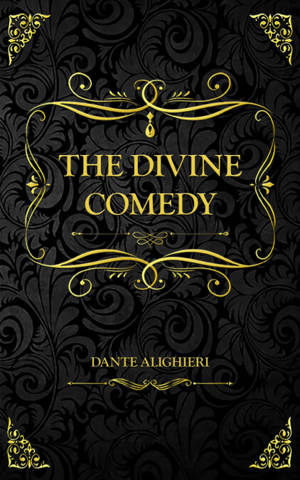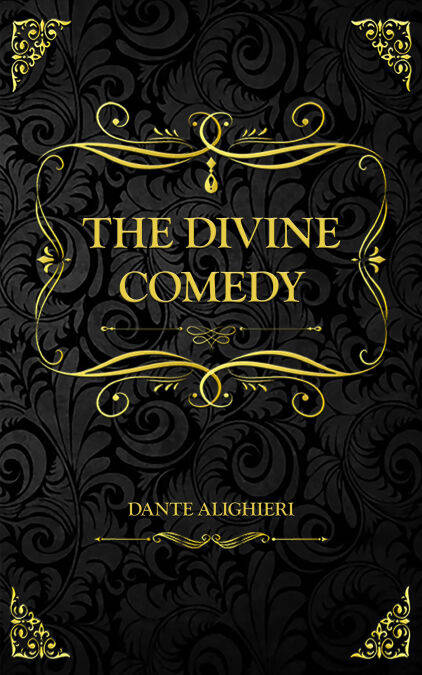
- Retrait gratuit dans votre magasin Club
- 7.000.000 titres dans notre catalogue
- Payer en toute sécurité
- Toujours un magasin près de chez vous
- Retrait gratuit dans votre magasin Club
- 7.000.0000 titres dans notre catalogue
- Payer en toute sécurité
- Toujours un magasin près de chez vous
The Divine Comedy EBOOK
The Vision of Hell, Purgatory, and Paradise By Dante Alighieri
Dante Alighieri, Henry Francis Cary
Ebook | Anglais
1,49 €
+ 1 points
Format
Description
The Comedy (in Italian, Commedia), or Divine Comedy (Divina Commedia), is a poem by Dante Alighieri written in tercets strung together in hendecasyllables in the Florentine vernacular. Composed, according to critics, between 1303 and 1321, the Commedia is Dante's most famous work and one of the most important testimonies to medieval civilization. Known and studied throughout the world, it is considered one of the masterpieces of literature.In his edition printed in Venice in 1555, Gabriele Giolito de Ferrari (here painted by Titian in 1554) first gave the title "Divina" to Dante's Comedy, which has remained so to this day.The Divine Comedy is generally considered to be the first great text in Italian: the language in which it is written has had a considerable influence on the peninsula's modern idiom. In writing his work, Dante was largely inspired by the bloody conflict he himself experienced in Italy, pitting the Guelphs (Guelfi) against the Ghibellines (Ghibellini) (1125-1300). From a literary point of view, Dante makes explicit reference to the Aeneid and the Apocalypse of Paul, the two best-known ancient texts in the genre of tales of journeys to the Underworld.The poem is divided into three parts called cantiche (Italian plural for cantica): Inferno (Hell), Purgatorio (Purgatory) and Paradiso (Paradise), each composed of thirty-three songs (except Hell, which contains a preliminary song). The poet narrates a journey through the three supra-terrestrial kingdoms, culminating in a vision of the Trinity. His imaginary, allegorical depiction of the Christian afterlife is a pinnacle of the medieval worldview developed by the Roman Catholic Church.
Spécifications
Parties prenantes
- Auteur(s) :
- Editeur:
Contenu
- Nombre de pages :
- 420
- Langue:
- Anglais
Caractéristiques
- EAN:
- 9783989956667
- Date de parution :
- 01-06-24
- Format:
- Ebook
- Protection digitale:
- Digital watermarking
- Format numérique:
- ePub

Les avis
Nous publions uniquement les avis qui respectent les conditions requises. Consultez nos conditions pour les avis.






